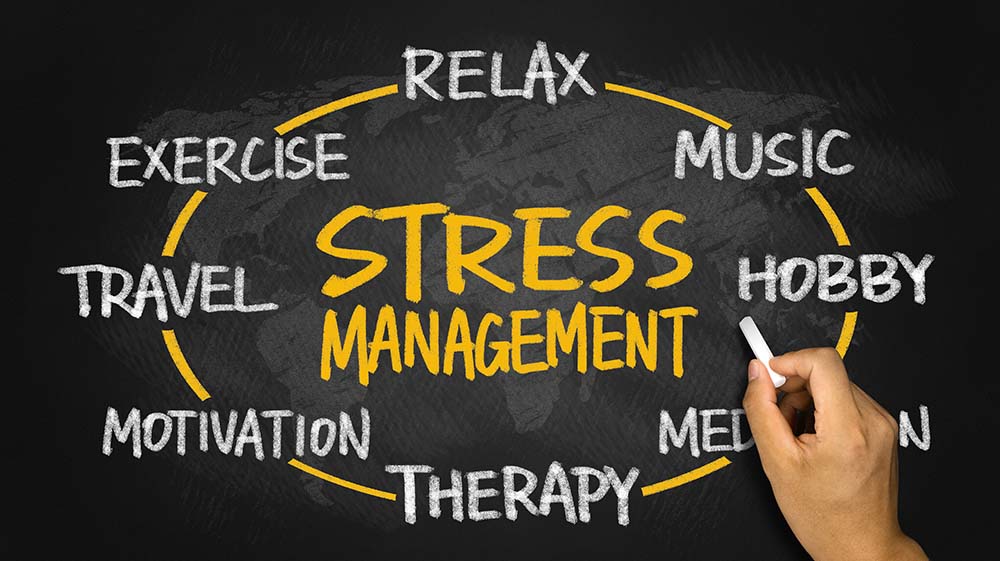Fear and anxiety are common emotions that can have a significant impact on our lives. They can hold us back from pursuing our dreams, hinder our personal growth, and prevent us from living a fulfilling life. However, with the right strategies and mindset shifts, it is possible to overcome fear and anxiety. In this article, we will explore eight practical ways to conquer these emotions, providing you with actionable solutions that can empower you to take control of your life and create a sense of fulfilment.
How to overcome fear in life: Identifying and Acknowledging Fear and Anxiety
The first step in overcoming fear and anxiety is to identify and acknowledge them. Often, these emotions can manifest themselves in various ways, such as a racing heart, sweaty palms, or a constant feeling of unease. By recognizing these symptoms and labelling them as fear or anxiety, you are taking the first step towards understanding and managing them. It is essential to be honest with yourself and confront your fears head-on, as this will enable you to develop effective strategies to overcome them.
How to overcome fear in life: Building a Resilient Mindset
Building a resilient mindset is crucial when it comes to conquering fear and anxiety. It involves shifting your perspective and adopting a more positive and empowering outlook on life. One way to do this is by reframing negative thoughts and replacing them with positive affirmations. Additionally, practicing gratitude and mindfulness can help you stay grounded and focus on the present moment rather than worrying about the future. By nurturing a resilient mindset, you can build inner strength and resilience, which will support you in overcoming fear and anxiety.

How to overcome fear in life: Practical Techniques for Managing Fear and Anxiety
In addition to mindset shifts, there are practical techniques that can help you manage fear and anxiety. Deep breathing exercises, for instance, can help calm your nervous system and reduce the intensity of anxious feelings. Similarly, engaging in regular physical exercise can release endorphins, which are natural mood boosters. Another effective technique is practicing visualisation, where you imagine yourself successfully facing and overcoming your fears. By incorporating these techniques into your daily routine, you can develop the necessary tools to manage fear and anxiety effectively.
How to overcome fear in life: Stepping Out of Your Comfort Zone
Stepping out of your comfort zone is a powerful way to overcome fear and anxiety. By gradually exposing yourself to situations that make you uncomfortable, you can desensitise yourself to fear-inducing stimuli and expand your comfort zone. Start with small steps and gradually increase the level of challenge as you gain confidence. Celebrate each accomplishment along the way, as this will reinforce positive associations with facing your fears. Remember, growth and personal development happen outside of your comfort zone, and by embracing discomfort, you open yourself up to new opportunities and experiences.
How to overcome fear in life: Overcoming Self-Doubt
Self-doubt often accompanies fear and anxiety, making it difficult to take action. Overcoming self-doubt requires self-compassion and challenging your negative self-talk. Practice self-acceptance and remind yourself that making mistakes is a natural part of growth. Surround yourself with a supportive network of friends, family, or a mentor who can provide encouragement and reassurance. Additionally, setting realistic goals and breaking them down into smaller, manageable steps can help you build confidence and overcome self-doubt. By cultivating self-belief and focusing on your strengths, you can overcome self-doubt and move forward in conquering fear and anxiety.
Symptoms of Fear
Fear can manifest in various physical and emotional symptoms. Some common symptoms of fear include a racing heart, shortness of breath, sweaty palms, trembling, feeling a knot in your stomach and a sense of impending doom. Emotionally, fear can lead to feelings of anxiety, restlessness, irritability, and a constant sense of worry. It can also manifest as avoidance behaviour, where you actively try to avoid situations or triggers that evoke fear. Recognizing these symptoms is essential in understanding when fear is present and taking steps to address it.
Symptoms of Anxiety
Anxiety, similar to fear, can have both physical and emotional symptoms. Physical symptoms of anxiety may include increased heart rate, chest tightness, dizziness, headaches, muscle tension and difficulty sleeping. Emotionally, anxiety can lead to feelings of excessive worry, fear of losing control, difficulty concentrating, irritability, and restlessness. Anxiety can also cause behavioural changes such as avoidance of certain situations, social withdrawal, or seeking constant reassurance. Understanding the symptoms of anxiety can help you differentiate it from fear and develop appropriate strategies for managing and overcoming it.

Conclusion
Overcoming fear and anxiety is a journey that requires self-reflection, mindset shifts, and practical strategies. By identifying and acknowledging your fears, building a resilient mindset, utilising practical techniques, stepping out of your comfort zone and overcoming self-doubt, you can gradually conquer these emotions. Remember, it is normal to experience fear and anxiety, but it should not hold you back from living a fulfilling life. Empower yourself with the tools and strategies discussed in this article, and embark on a path towards personal growth and happiness.
FAQs
How long does it take to overcome fear and anxiety?
Overcoming fear and anxiety is a personal journey, and the duration varies from person to person. It depends on various factors such as the intensity of fears, individual resilience, and the strategies used. Consistent practice of the techniques mentioned in this article can lead to gradual progress over time.
Can professional help be beneficial in overcoming fear and anxiety?
Yes, seeking professional help from a therapist or counsellor can be highly beneficial in addressing and managing fear and anxiety. They can provide guidance, support and specialised techniques tailored to your specific needs.
Is it possible to completely eliminate fear and anxiety?
Fear and anxiety are natural human emotions and it is unrealistic to aim for complete elimination. However, with effective strategies, you can learn to manage and overcome them, allowing you to lead a more fulfilling and balanced life.